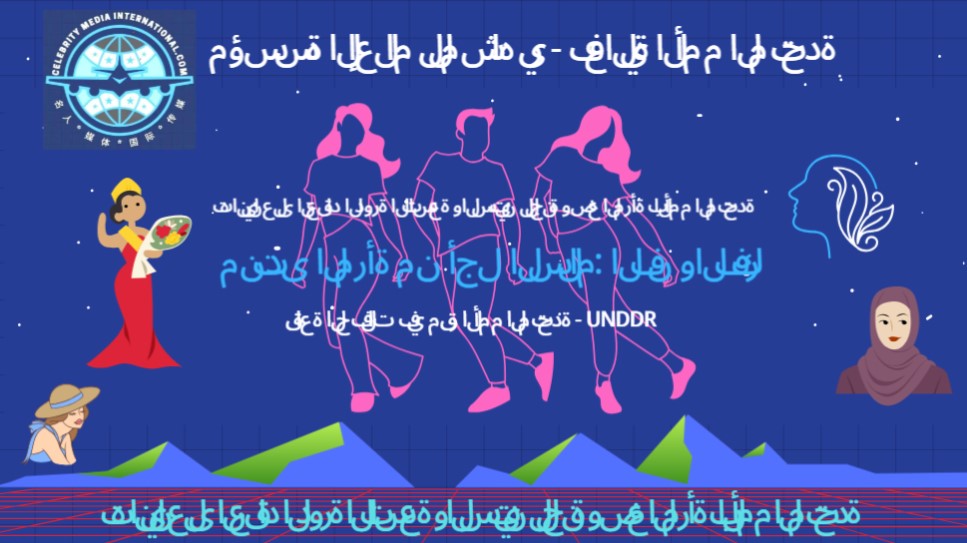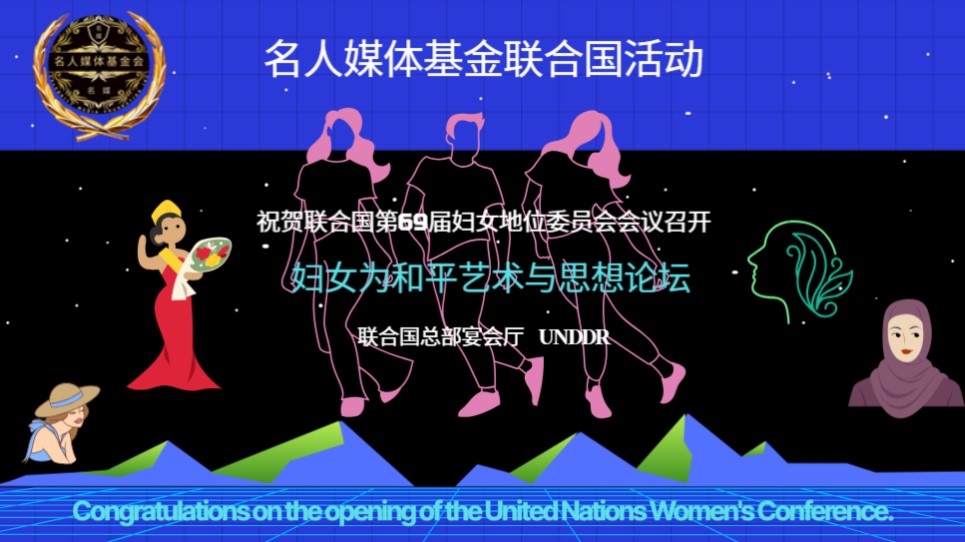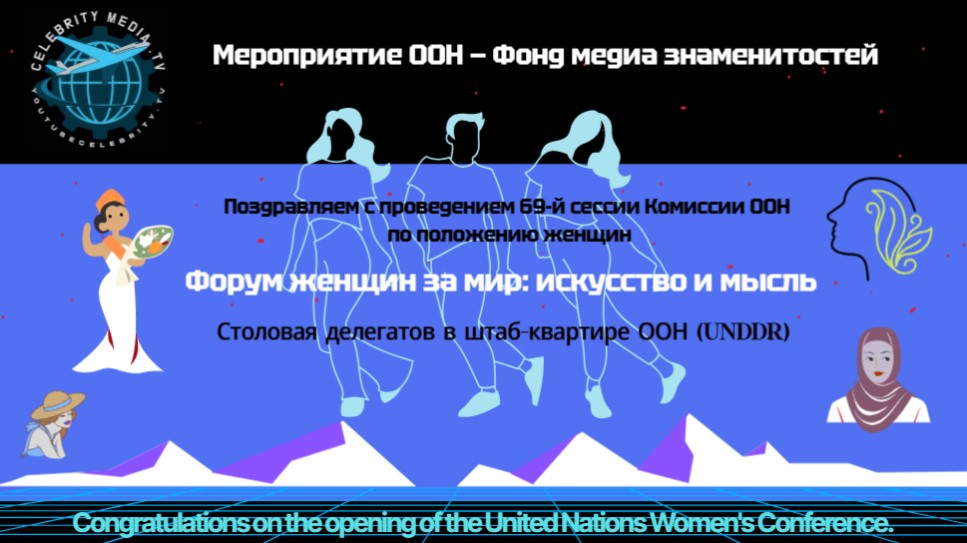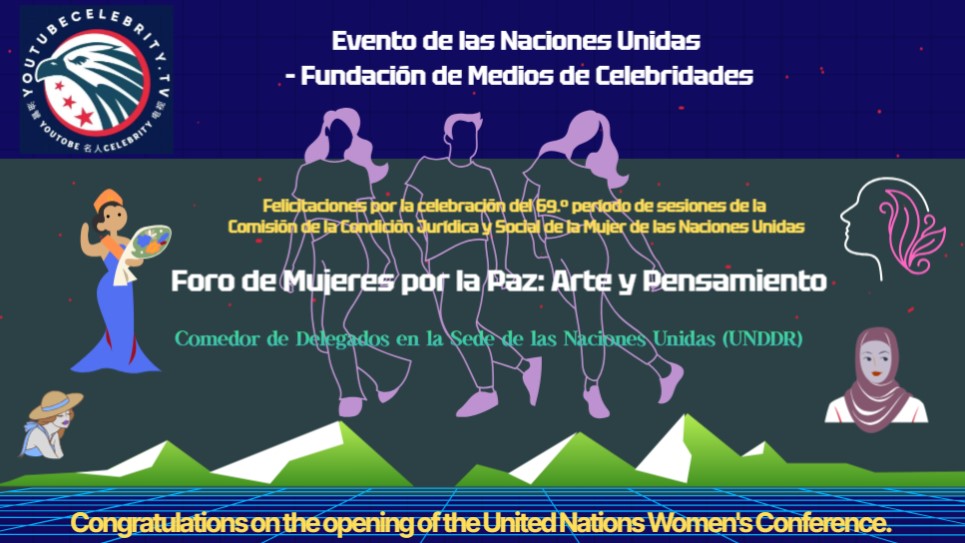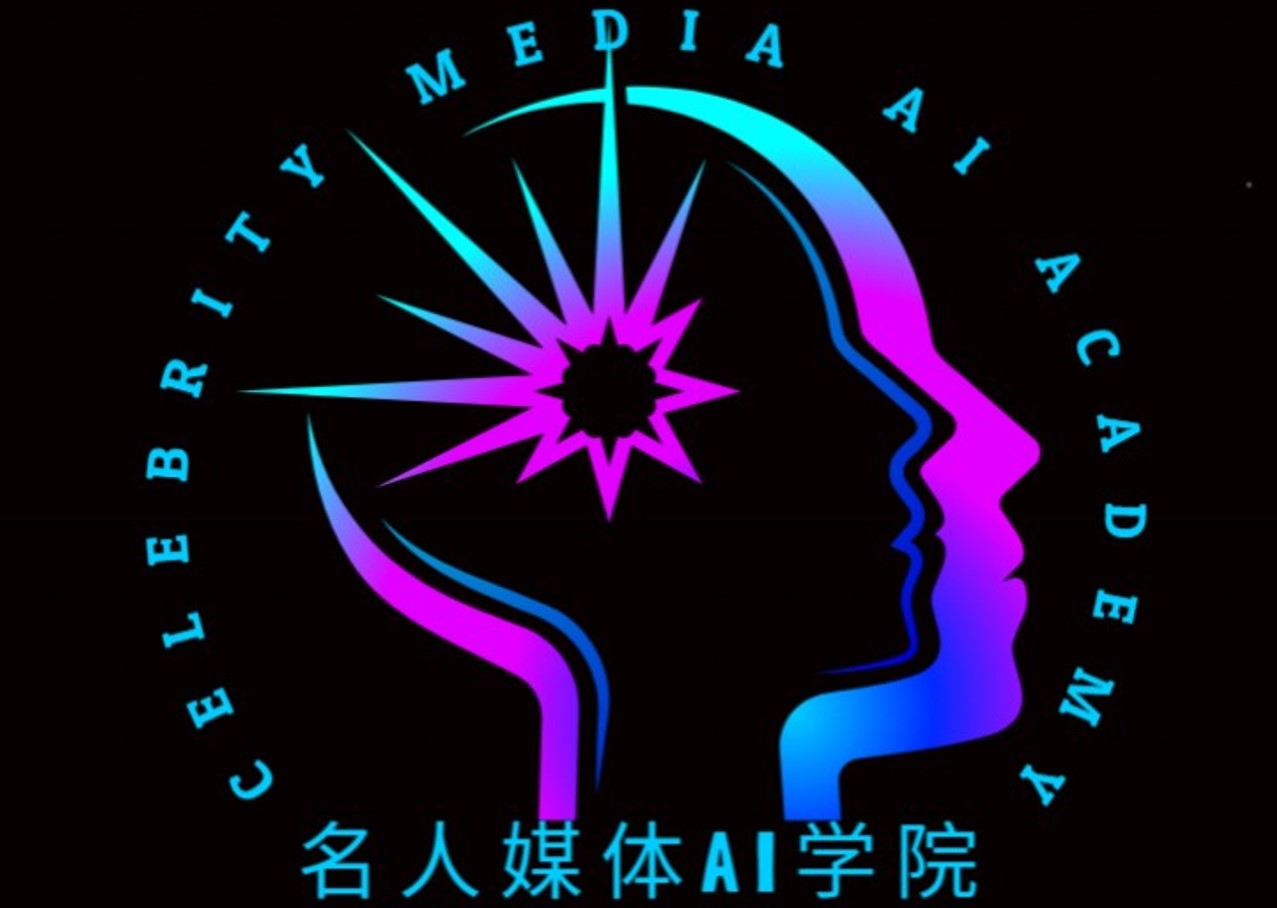 Public Domain Visualization of Artificial Intelligence combining a human brain schematic with a circuit board.
Public Domain Visualization of Artificial Intelligence combining a human brain schematic with a circuit board.
Artificial Intelligence (AI) is on course to become a $4.8 trillion global market by 2033 – roughly the size of Germany’s economy – but unless urgent action is taken, its benefits may remain in the hands of a privileged few, a new UN report warns.
The Technology and Innovation Report 2025, released on Thursday by the UN Conference on Trade and Development (UNCTAD), sounds the alarm on growing inequality in the AI landscape and lays out a roadmap for countries to harness AI’s potential.
The report shows that just 100 companies, mostly in the United States and China, are behind 40 per cent of the world’s private investment in research and development, highlighting a sharp concentration of power.
At the same time, 118 countries – mostly from the Global South – are missing from global AI governance discussions altogether.
UNCTAD Secretary-General Rebeca Grynspan underlined the importance of stronger international cooperation to shift the focus “from technology to people,” and enable countries “to co-create a global artificial intelligence framework”.
A jobs revolution
The report estimates that up to 40 percent of global jobs could be affected by AI.
While the technology brings new opportunities, especially through productivity gains and new industries, it also raises serious concerns about automation and job displacement – especially in economies where low-cost labour has been a competitive advantage.
But it’s not all bad news. UNCTAD’s experts argue that AI is not just about replacing jobs – it can also create new industries and empower workers.
If governments invest in reskilling, upskilling and workforce adaptation, they can ensure AI enhances employment opportunities rather than eliminate them.
 © ADB/Narendra Shrestha Students attend a computer class at a secondary school in Kailali, Nepal.
© ADB/Narendra Shrestha Students attend a computer class at a secondary school in Kailali, Nepal.
How to prepare?
To avoid being left behind, developing countries need to strengthen what UNCTAD calls the “three key leverage points”: infrastructure, data and skills.
That means investing in fast, reliable internet connections and the computing power needed to store and process vast amounts of information.
It also means ensuring access to diverse, high-quality datasets to train AI systems in ways that are effective and fair.
And crucially, it requires building education systems that equip people with the digital and problem-solving skills needed to thrive in an AI-driven world.
Not just national: A global effort
Beyond national policies, UNCTAD calls for stronger international collaboration to guide the development of artificial intelligence.
The report proposes establishing a shared global facility to give all countries equitable access to computing power and AI tools.
It also recommends creating a public disclosure framework for AI, similar to existing environmental, social and governance (ESG) standards, to boost transparency and accountability.
“History has shown that while technological progress drives economic growth, it does not on its own ensure equitable income distribution or promote inclusive human development,” noted Ms. Grynspan, calling for people to be at the centre of the AI revolution.
